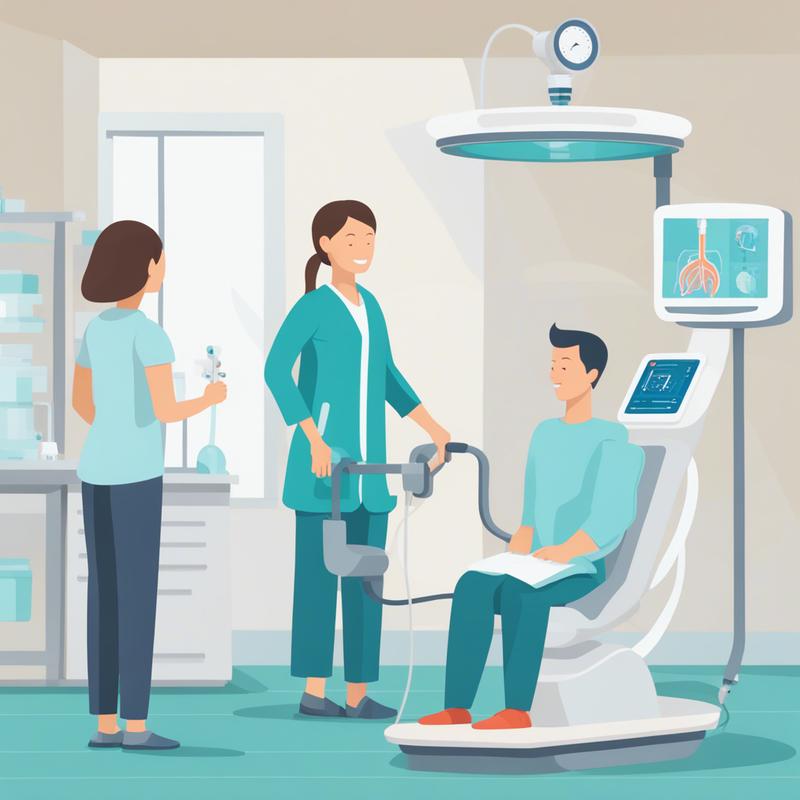Non-invasive Treatment Options for PCOD
Non-invasive Treatment Options for PCOD
Non-invasive Treatment Options for PCOD
Introduction:
Polycystic Ovary Syndrome (PCOS) is a common endocrine disorder affecting women of reproductive age. The condition is characterized by irregular periods, high levels of androgens, and multiple cysts on the ovaries. While there is no cure for PCOS, there are several non-invasive treatment options available to manage symptoms and improve overall health. In this blog post, we will explore some of these non-invasive treatment options for PCOS.
Lifestyle Modifications:
Lifestyle modifications are a key component of PCOS management. Maintaining a healthy weight through regular exercise and a balanced diet can improve insulin sensitivity, regulate menstrual cycles, and reduce the risk of developing diabetes and other associated health conditions.
Dietary Changes:
A balanced and healthy diet may help regulate blood sugar and insulin levels and reduce inflammation, which can improve PCOS symptoms. Foods to include in the diet include whole grains, lean proteins, fruits, and vegetables. It is also recommended to minimize processed foods, sugary drinks, and high-fat foods.
Exercise:
Regular exercise, such as moderate-intensity cardio, strength training, or yoga, can improve insulin sensitivity, regulate hormones, and assist with weight management. Exercise can also help reduce stress and improve mood.
Medications:
Prescription medications, such as oral contraceptives, anti-androgens, and insulin-sensitizing agents, may be prescribed by a healthcare professional to manage PCOS symptoms. These medications work by regulating hormone levels, reducing androgen production, and improving insulin sensitivity.
Acupuncture:
Acupuncture, a Chinese traditional medicine practice, may help improve ovarian function, reduce inflammation, and improve menstrual cycle regularity and ovulation. It is a non-invasive therapy that involves the insertion of hair-thin needles into specific pressure points in the body.
Herbal supplements:
Herbal supplements, such as saw palmetto, evening primrose oil, and chasteberry, may help regulate hormones and improve PCOS symptoms. However, it is important to only take supplements under the guidance of a healthcare professional.
Conclusion:
While there is no cure for PCOS, non-invasive treatment options are available to manage symptoms, improve health, and enhance quality of life for women with the condition. Lifestyle modifications, including a balanced diet and regular exercise, are crucial for PCOS management. Medications, acupuncture, and herbal supplements may also be effective in regulating hormones and reducing symptoms. It is important to work closely with a healthcare provider to develop a personalized treatment plan that meets the unique needs of each person affected by PCOS.
Be the first to post a message!
